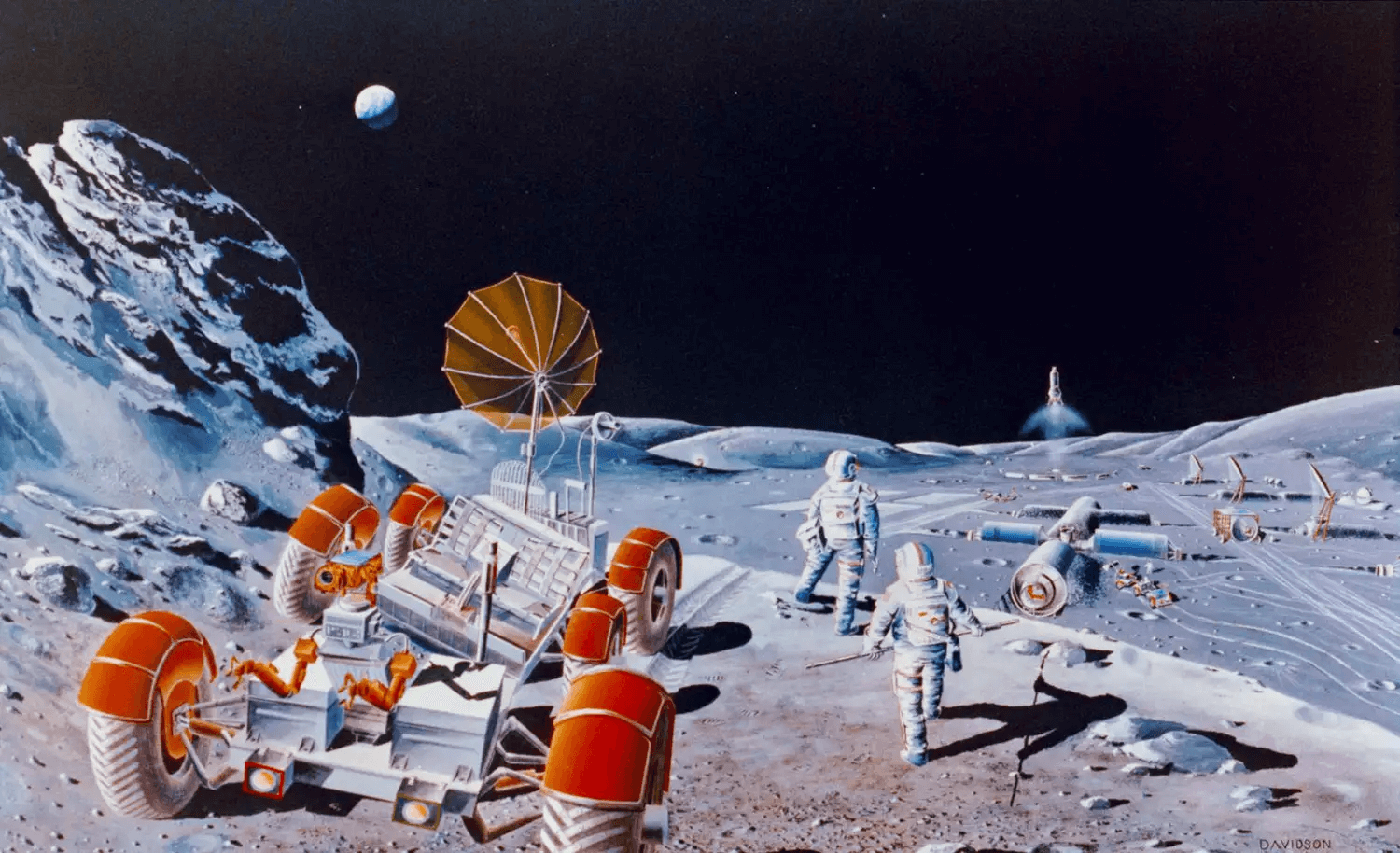CRISPR holds significant potential for enhancing various aspects of space exploration and long-duration space missions. One of its promising applications is in developing radiation resistance.
In space, astronauts are frequently exposed to ionizing radiation, particularly galactic cosmic radiation, primarily composed of high-linear energy transfer (LET) particles that damage DNA.
This exposure increases the risk of cancer, central nervous system issues, and other diseases. CRISPR enhances DNA repair mechanisms in human cells, which make them more resistant to radiation, thus preventing mutations and long-term health effects such as cancer.
Additionally, CRISPR can help adapt the human body to microgravity. Microgravity affects the body in various ways, including causing muscle atrophy and loss of bone mineral density.
In agricultural development, CRISPR can enhance crop resilience to space environment stresses, such as low gravity, limited water availability, and high radiation, ensuring a sustainable food supply. It can also improve the nutritional content of space-grown crops to meet astronauts’ dietary needs.
This is an excerpt. Read the original post here
